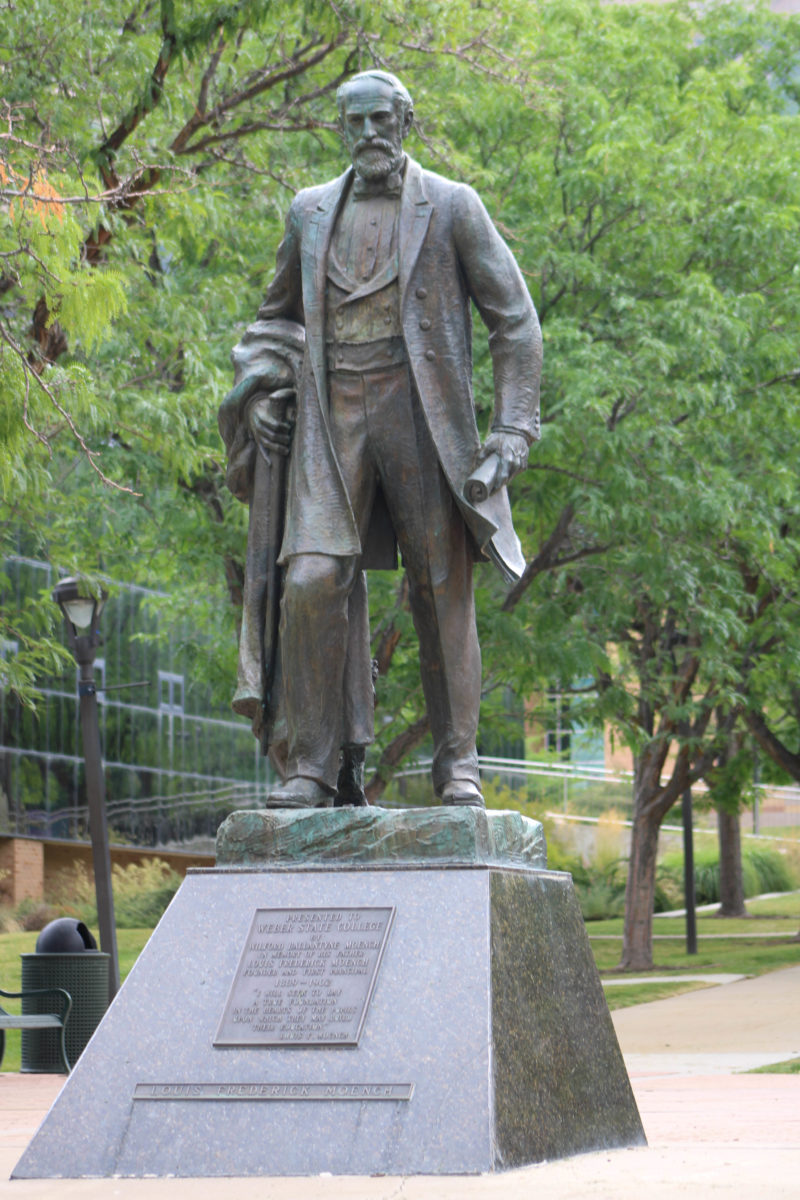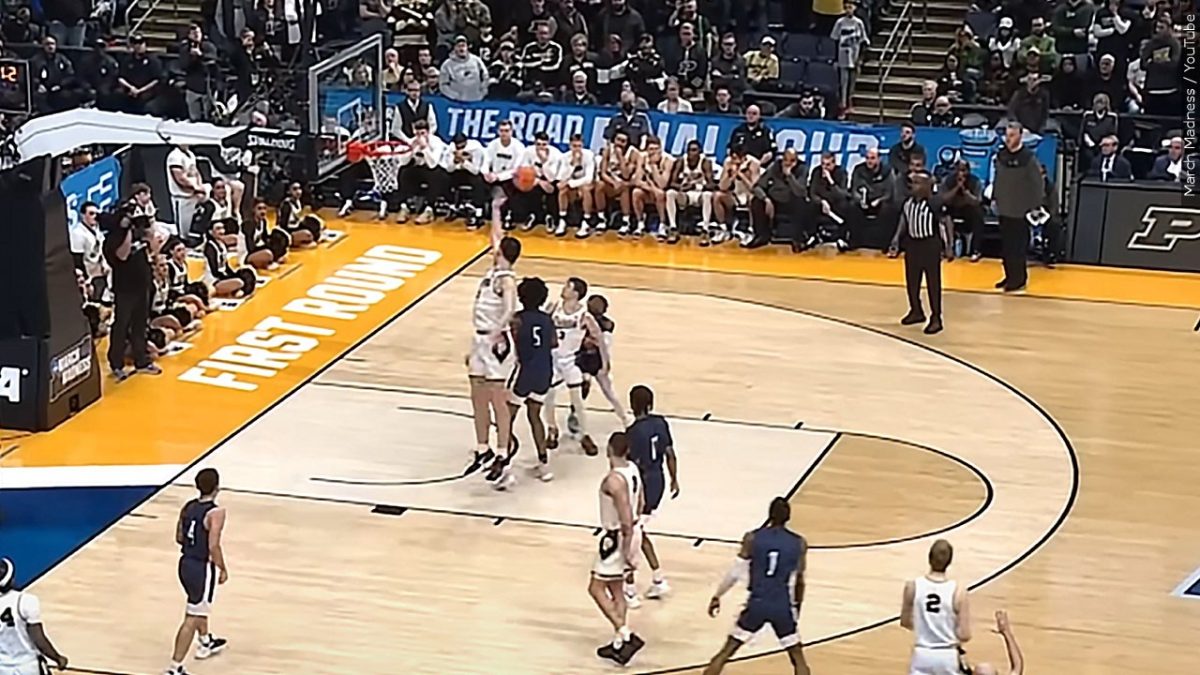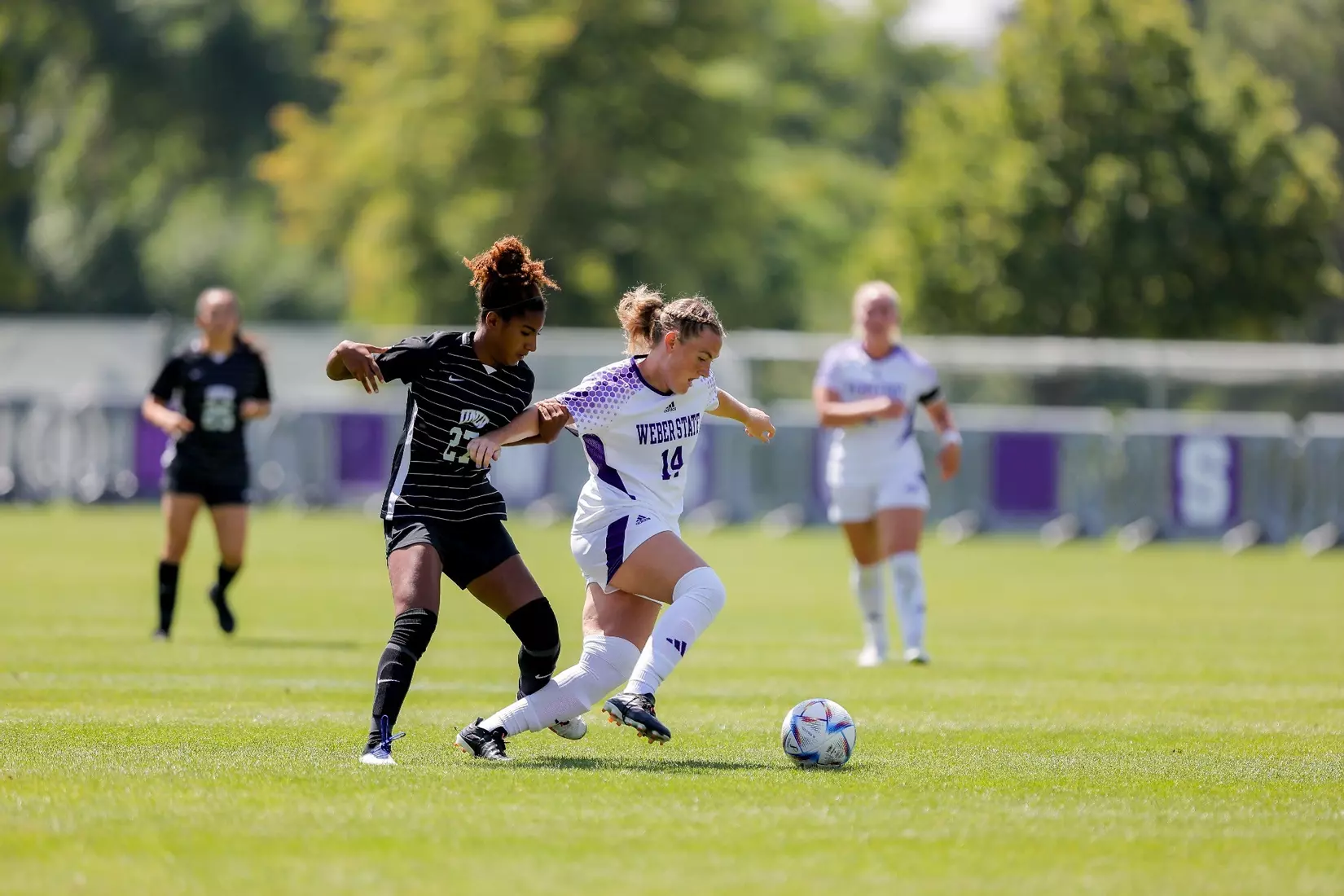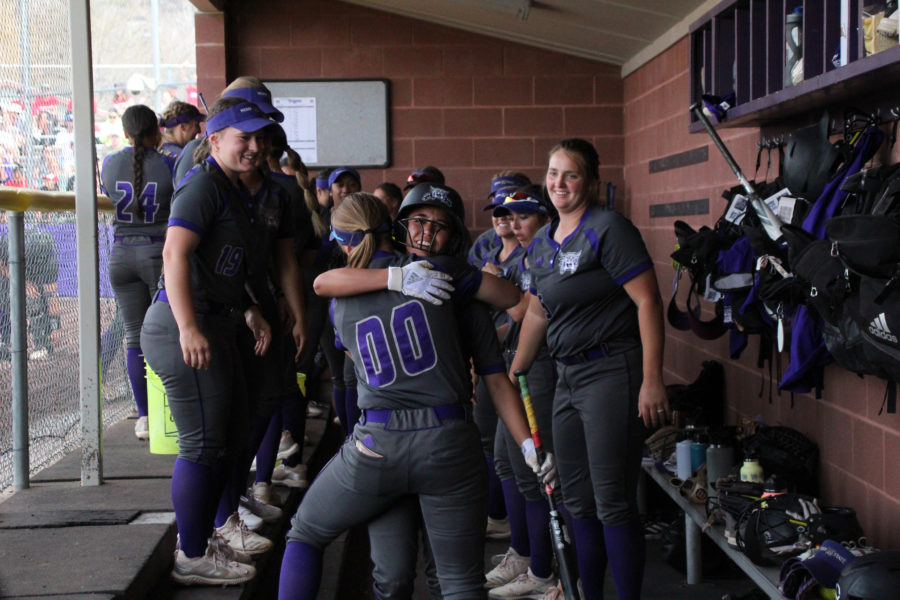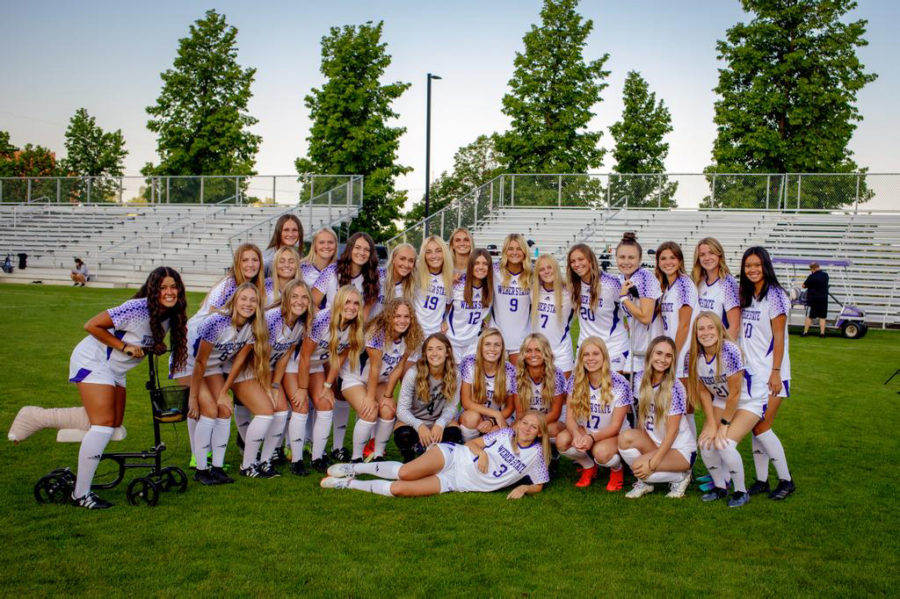Technology has created a way for people thousands of miles away to be connected. It gives me an opportunity to interact with soccer fans in England and connect with likeminded people around the world.
There’s also a darker side of social media, which has become evident to me in the last few weeks.
Last week, my favorite English Premier League soccer team, Tottenham Hotspur, lost a game against a team it easily should have beaten. I’m not too concerned about the fact that it’s lost a few games so far that it should have won; after all, the season’s long, and I’ve been a fan for long enough to know these games likely won’t matter in the long run.
While I was fairly calm and not worried by a few losses, there were a fair number of fans on Twitter who absolutely lost their minds. There are people calling for the head of our newly hired manager, saying the season is lost and throwing so much abuse at one player he deactivated his Twitter account.
Twitter and Facebook have given a platform to nearly anyone with a phone or a computer. There is a Real Salt Lake fan who is notorious among RSL fans on Twitter for throwing abusive tweets the way of certain players and coaches.
I know there have always been fans who have had angry, borderline hateful opinions of the teams they support, but I think the increased access to social media has brought these people more into the light. They now have a chance to get their opinions out to thousands of people, but this isn’t helpful to the team or to other players.
I think the worst thing that has come from Twitter is the fact that people have the chance to send threatening tweets easily to players. A few weeks ago, after Tottenham lost a game, a group of fans sent messages to Kyle Walker, a defender on the team who admittedly had a bad game. These messages, though, went far beyond saying he played poorly. They were mean, personal attacks, and a handful of them suggested that Walker kill himself.
Following that game, Walker deactivated his Twitter account. Some so-called fans continued with personal attacks against him, calling him weak, saying he shouldn’t be so sensitive and learn to take criticism.
What was said to Walker wasn’t criticism. It was hateful and served no point other than to tear him down. These people, who were mostly adults, started acting like crazed 15-year-old Justin Bieber fans tweeting death threats to Selena Gomez.
I think it’s important to point out this was a small group of fans. For the most part, Tottenham and RSL have great, supportive fans, but it seems that these hateful loudmouths are becoming more and more prevalent.
Before, the opinion of these jerks was confined to people sitting in their near vicinity during games and their group of friends. Now any yahoo with a cell phone has the chance to voice their opinion to a huge number of people. People who send these hateful messages to players, or who criticize an organization’s every move, or demand a team trades one of their key players aren’t real fans, in my opinion.
I don’t think people who boo their own team, spew hatred at players or suggest they kill themselves (even jokingly) should be called fans. They’re not helping the team or players, and they’re doing nothing to show that they support the team.
I do love Twitter. I think it’s a great invention and has given me the chance to connect with people around the world who share specific interests with me, but there is also a downside to social networking.







